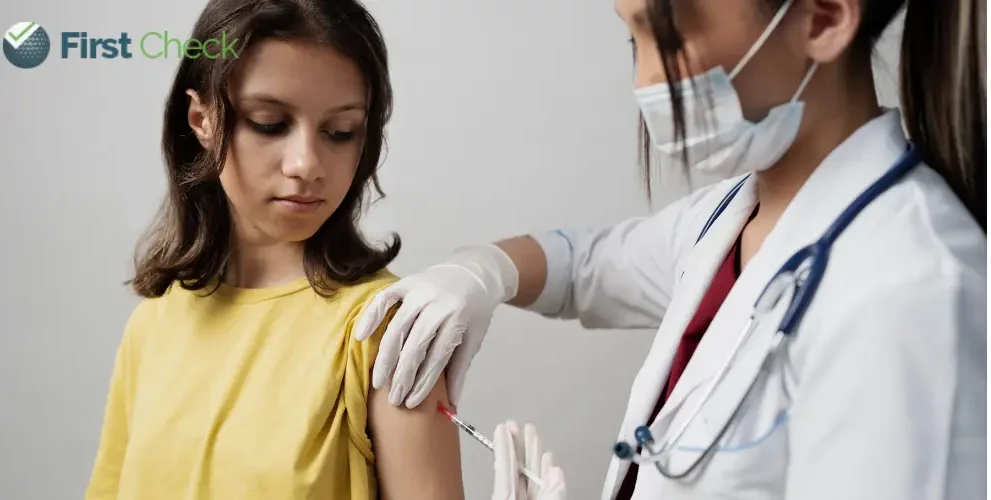Study: Increasing measles cases observed in double-vaccinated adults
Measles is a highly contagious disease, spread by a virus which is easily transmitted when an infected person breathes, coughs or sneezes
Author
Author
- firstcheck / 1 year

- 0
- 3 min read

Author
The majority of measles cases in England are among unvaccinated individuals but the proportion of measles cases in adults who received two doses of the MMR vaccine in England increased from 1.9% to 7.2% between 2011 and 2019.
A new retrospective modelling study, published in The Lancet Public Health journal, suggests that the weakening of the MMR vaccine over time may partially contribute to rising measles cases in double-vaccinated people when outbreaks occur. However, authors of the study emphasise that the MMR vaccine remains the most effective measure to prevent measles infection, and that community vaccination levels above 95% are essential to prevent outbreaks in the first place.
What is measles
Measles is a highly contagious disease, spread by a virus which is easily transmitted when an infected person breathes, coughs or sneezes. Measles can infect anyone but is most common in children and can cause severe disease, complications, and even death. Having two doses of the MMR vaccine before the age of five is the best way to protect against the infection over the lifetime. Unlike some other viruses, the measles virus does not mutate very much over time, and therefore effectiveness of childhood vaccination remains high throughout the lifecourse.
The New Study
Following high uptake of measles vaccines, countries in Europe, the Americas and Asia observed a substantial reduction in the number of measles cases, with consecutive years of no local measles transmission and only sporadic outbreaks. However, these countries reported a resurgence of measles cases between 2015 and 2020, with outbreaks increasingly affecting young adults in Europe. The majority of cases were in communities with low rates of vaccination, but the proportion of measles cases in double-vaccinated people has also increased.
Two possible explanations
As more people gain immunity from vaccines rather than from the higher-risk measles infection, the number of cases in which both vaccine doses fail to produce an immune response is also expected to rise.
Waning of vaccine-induced immunity.
“Although our results suggest that a slight waning of immunity from the MMR vaccine over time explains why we are seeing an increase in the proportion of measles cases in double-vaccinated people in England, it’s important to note that the biggest risk factor for measles outbreaks by far is low vaccination rates,” Dr Alexis Robert, The London School of Hygiene & Tropical Medicine said. “The MMR vaccine remains highly effective and receiving two doses will protect you and those around you against measles infection. Even if you are one of the small number of people who get an infection after two doses of MMR vaccine, previous studies suggest measles symptoms in people who have been vaccinated are milder than in people who have not had a vaccine.”
Dr Adam Kucharski, The London School of Hygiene & Tropical Medicine said that their findings showed that the measles dynamics observed in England are consistent with a slow waning of immunity in double-vaccinated individuals.
“Other factors may partly explain the increase in the proportion of vaccinated cases, such as changes in testing patterns over time,” he explained. “However, the consistency and age distribution of the increase in England – combined with reports of cases in vaccinated individuals in other countries and previous laboratory studies showing a decline in measles antibodies – suggests a biological explanation is involved.”









